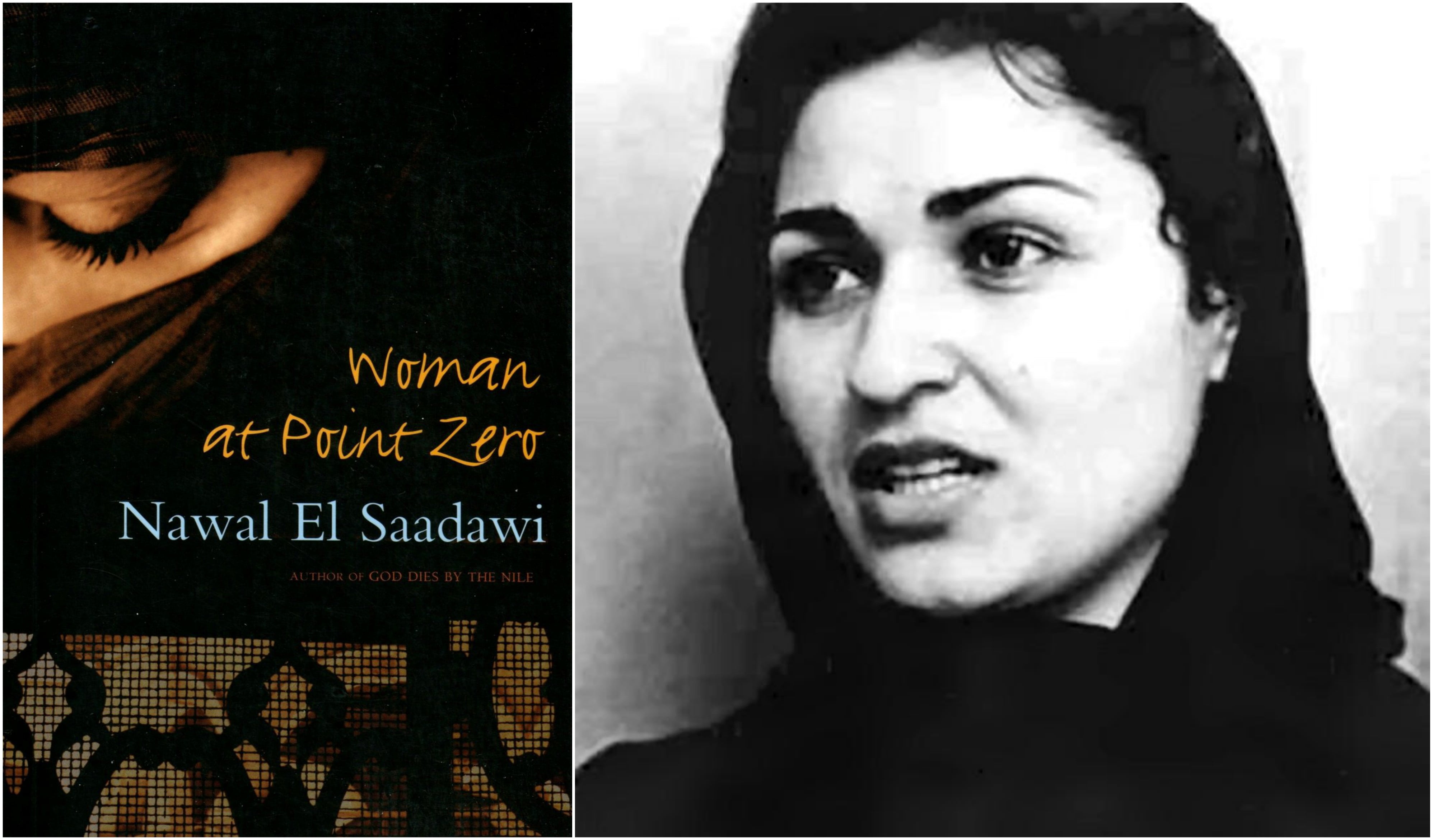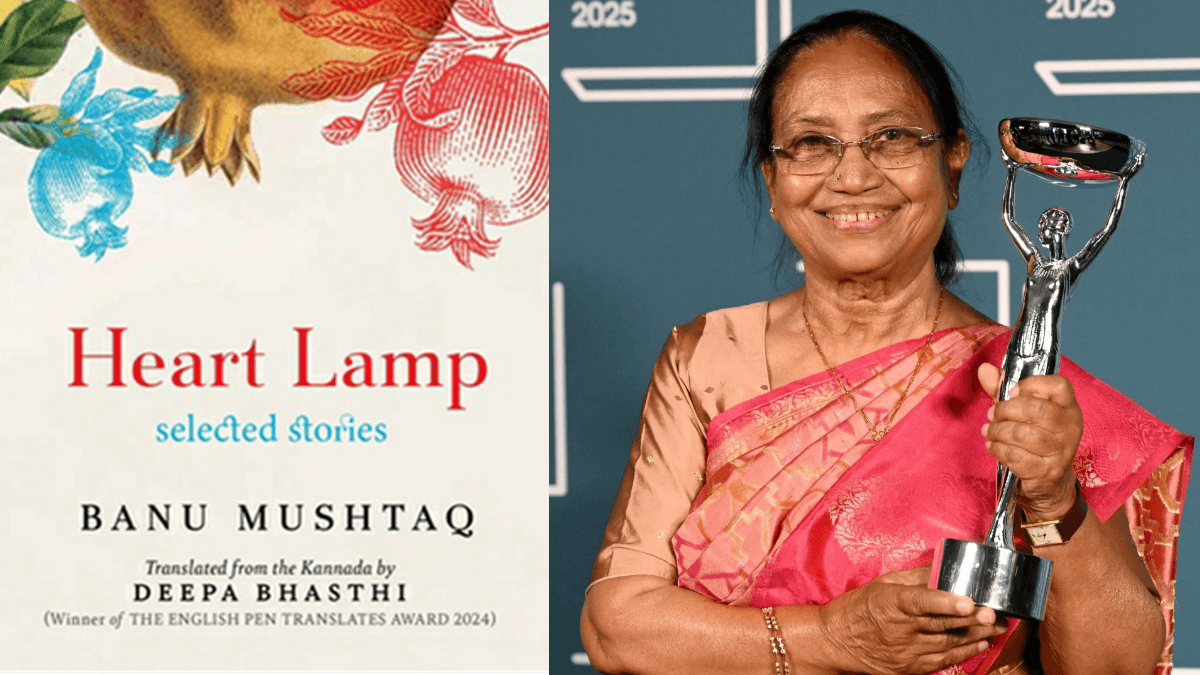Woman who dissent never die. Their pride and principles stay alive to remind us to discover our own and Woman at Point Zero is one such echo.
Woman At Point Zero
Author: Nawal El Saadawi
Publisher: Zed Books Ltd; 2nd ed. edition (1 December 1984)
Genre: Creative non-fiction
“The darkness lightens as our eyes become accustomed to it”
Suffering is inevitable and silence is the medium we choose to direct our pain. The pain, which is bound to create more ripples into our sea of emotions, which remains what it is and then takes the form of a lie. Lucky are those with a voice who at least have a choice to share that, “pain is universal”, and one such trailblazer, not only for Egyptian women but for women all around the world, Nawal El Saadawi, the feminist writer, who inspired by her encounter with a fellow convict during the time of her imprisonment came out with the powerful and most sincere, ‘Woman at point zero’.
The writer’s honest and undemanding writing not only makes it easy to relate but seems like a heart-to-heart conversation. Good writing makes you empathise with the characters but great writing helps you decode the unsaid.
Woman at Point Zero starts with Nawal’s attempt at interviewing one of the convicts in a ‘polluted’ prison cell who is waiting for her death sentence. The infamous psychiatrist (Nawal) writes how desperate she became to interview her after having heard so much about her presence from the authorities of the prison, and finally after several attempts by Firdaus (the prisoner) testing the patience of the writer, the prisoner finally gave in.
Firdaus begins to share how it all happened where she ended up as a prostitute. She begins with her childhood, how coming from a poor peasant family she had to work at an age where her counterparts (especially boys) had the freedom to live the essence of it all. A greedy, abusive father, a distant mother were all set for Firdaus. But even then, the child in her wanted to know and make mistakes. She remembers how with her playmate she got sexually involved and got to experience a different kind of a ‘pleasure’. No sooner had she started to take her time with this phase, her body got ‘scarred’ with genital mutilation i.e., circumcision. Reading it over and over again makes you ponder how important it has become to make sure that pleasure seem like the least possibility for a woman to experience in a world full of disappointments.
There is a change of place for Firdaus now when she moves in with her Uncle in Cairo, but she is again subjected to the same mistreatment and a patriarch elder, she has seen in her father and now her uncle. After her Uncle finds her a school to move in, Firdaus finally finds herself not liable to anyone and can be in sync with the children of her age. She studied, played, talked and questioned her surroundings just like any other child of her age would normally do. Meanwhile, she discovered her second version of ‘pleasure’ when she started developing ‘feelings’ for her teacher, Miss Iqbal. Good things doesn’t seem to last for Firdaus and eventually her term ended at the school.
Also read: Book Review: Fragments Of A Life By Mythili Sivaraman
Now, given how much of a ‘burden’ Firdaus becomes for her Uncle and his wife, she is married off to someone much older than her, who was again proven to be a nightmare. He beats her at the thought of her raising her voice at him, forcing her in due course to run away.
As a woman, a prostitute, a lover and a runaway, this short tale of Firdaus persists that the society keeps failing Firdaus of our times in discovering their voice.
I can’t help but notice that the men in Firdaus’s life were insecure of losing their power and control over women. Circumstances where the now prisoner showed defiance or even raised her concerns, she was shown her place either by men themselves or by the tools they invented to censor any kind of revolt (circumcision). As even after running away her whole life she ends up in the hands of men like who Bayoumi who entraps her to sexually abuse his ‘power’ over her, masquerading as a helping hand. But how unyielding a human heart is for it attempts to find new trails for itself, oblivion to the dangers lying ahead, hoping to find its identity.
Firdaus’s meeting with an infamous prostitute, changed her perceptions and lifestyle for a while. She was now the boss of her life, as a prostitute, it was she who decided her ‘value’. Leading a life oblivion to any societal laws, Firdaus was enjoying control over her life and it was money and her ignorance, which were helping her through. Her meeting with a client named Di’aa and his question over how respected she might be in the eyes of the society put Firdaus in an extremely perilous state.
The word ‘respect’ got better of her (the way it usually does); respect is a very dangerous term for women that has only helped the patriarch continue its dominance but steals the baton away from a woman; and it took Firdaus a demeaning job, vulnerability and forced labour where it seemed to seek no end, to come back to prostitution . “I came to realise that a female employee is more afraid of losing her job than a prostitute is of losing her life.”
Firdaus ends her story with an anecdote on how she finally took a pimp’s life who was trying to establish the same tyrannical authority over her, realising how much it took her to reach where she is and the frustration that no matter where you go men seemed to infiltrate her happiness. This was the point that she realised how necessary is to express, to revolt, no matter how unlawful or uncivil it may seem, truth needs actions.
Even after Firdaus’s death sentence, it seemed to me that the psychiatrist couldn’t grasp the overpowering courage of the convict and her reality. As a woman, a prostitute, a lover and a runaway, this short tale of Firdaus persists that the society keeps failing Firdaus of our times in discovering their voice.
Also read: Book Review: Cyber Sexy: Rethinking Pornography By Richa Kaul Padte
Nawal El Saadawi took a part of her life and culminated so much from millions like her. While one moves ahead in the story, one can’t seem to ignore but exclaim, me too! The writer’s honest and undemanding writing not only makes it easy to relate but seems like a heart-to-heart conversation. Good writing makes you empathise with the characters but great writing helps you decode the unsaid.
By the way, Firdaus means jannat.
Shailja Gusain is an aspiring writer/translator based in Delhi. She reads to be more empathetic to her counterparts no matter what country, age or identity. You can find her on Instagram and Facebook.
About the author(s)
Shailja Gusain is an aspiring writer/translator based in Delhi. She reads to be more empathetic to her counterparts no matter what country, age or identity.




